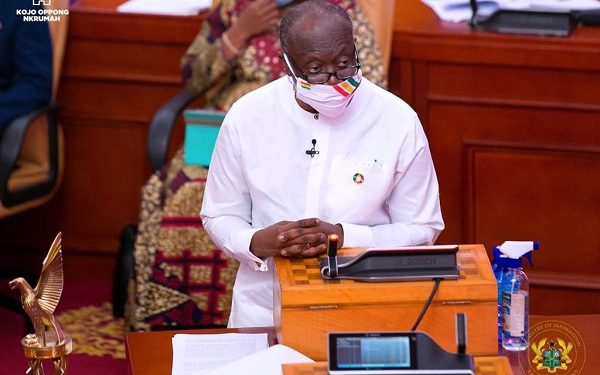The implementation of the 1.5% Electronic Transfer Levy (E-Levy) begins today, Sunday, 1 May 2022.
The levy was passed by Parliament on Tuesday, March 29, 2022, amidst the Minority walkout from the chamber.
The Ghana Revenue Authority (GRA), has indicated that it has put in place adequate measures to ensure the smooth take-off of the new tax.
According to the GRA, it said it has broadly consulted all relevant stakeholders to ensure the collection of the E-Levy as earlier announced.
“The Authority assures the general public that adequate measures have been put in place to ensure the smooth implementation of the Levy,” it said in a statement.
“GRA has held several technical sessions and engagements with the various charging entities (Electronic Money Issuers, Banks, Payment Service Providers, and Specialised Deposit-taking Institutions) on the implementation of the E-Levy, with the aim of ensuring that the charging entities are in a position to implement the Levy by the due date,” it added.
“Following Ghana Revenue Authority’s assessment of the general readiness of some Charging Entities to integrate with the E-levy Management System, the Commissioner-General has decided on a modified phased approach for the implementation of the Levy from 1st of May 2022.”
The banks, as well as, the telcos in a message to their customers expressed their readiness for the implementation of the levy.
“Dear Valued Customer, from the 1st of May 2022, the 1.5% E-Levy will apply to electronic transfers. However, there are no further transfer charges as Vodafone Cash is still free!” Vodafone Ghana said in a message to customers.
“Dear Valued Customer, kindly be informed that the e-levy of 1.5 % on electronic money transfer from 1st May, 2022. The levy will be applied on transfers above GHS100 daily and will be in addition to the application charges,” MTN also stated in a message to its customers.
Meanwhile, there is currently a lawsuit filed by some Minority MPs at the Supreme Court challenging the passage of the levy.
The plaintiffs subsequently filed an injunction at the Supreme Court pending the hearing of their substantive case to stop the implementation from taking place on May 1.










Discussion about this post